The Discussion is an initiative by some of the creators of Centives to create a database that catalogs the internet’s analysis, thoughts, and even memes, about things you watched. They recently looked at The Game of Thrones Season 4 Finale, “The Children”. (Warning: show spoilers up to episode 10. Safe for those who haven’t read the books).
1) Varys’ Choice

shiroduck posted what must have been going through Varys’ head. (Source)
shadowst17 points out that male pattern baldness isn’t all that Varys and Homer Simpson have in common. (Link)
2) How To Chain Your Dragon

Brian Feldman wondered if there were better ways for Danerys “breaker of chains” to keep her dragons captive. Feldman concludes that a water prison would be more effective, and describes how it should be built if you ever have to…chain dragons with a taste for human flesh? Wait, what’s Feldman planning? (Link)
3) The Characters Are Motivated By Power

Charlie Jane Anders writes that everyone – from Cersei telling Tywin the truth about her relationship with Jamie, to Jon Snow betraying his honor – is motivated by power in this show. She also points out the slow transition to a full-on fantasy show. “There are not just dragons, but skeleton soldiers, and an ancient mystical tree guy who hints at an epic destiny for Bran. Stannis has come north, in part, because his magical priestess sees an epic battle against evil brewing in the North”. (Link)
4) Differences Between The Show And The Books

In her rundown of the differences between the show and the books Laura Hudson points out that Tywin never officially found out the truth about his twin children in George RR Martin’s narrative. (Link)
lukeatlook wrote about Stannis’ march north and provided some background about “The Children” that rescue Bran. “The elf-hobbit thingy is one of the last Children of the Forest, an ancient race inhabiting Westeros before the First Men came. The Children are the ones who grew weirwood trees. The First Men were at war with the Children until the Pact between the two races.” (Link)
GRVrush2112 described the very different circumstances under which Tyrion’s escape happened in the books. “Tyrion revealed…that for the amount that Jaime loved Cersei…[his] love was not exactly reciprocated and that Cersei had been fucking Lancel [the Lannister cousin]” (Link)
5) Inside The Episode
The show’s creators David Benioff and D. B. Weiss offered their perspective on the episode. “[Tywin] is quite convinced that he’ll be able to talk his way out of this one…he doesn’t believe that this can be the end..Tywin Lannister does not die sitting on the toilet, murdered by his own son.” (Source)
6) Where The Show Went Wrong

Louis Peitzman feels that Season 4 didn’t compare well with other seasons. “Too much of this season ended up being a waiting game: Tyrion waiting for the verdict, the Night’s Watch waiting for the wildlings, Dany waiting for an actual plot line.” (Link)
7) The Episode In Texts
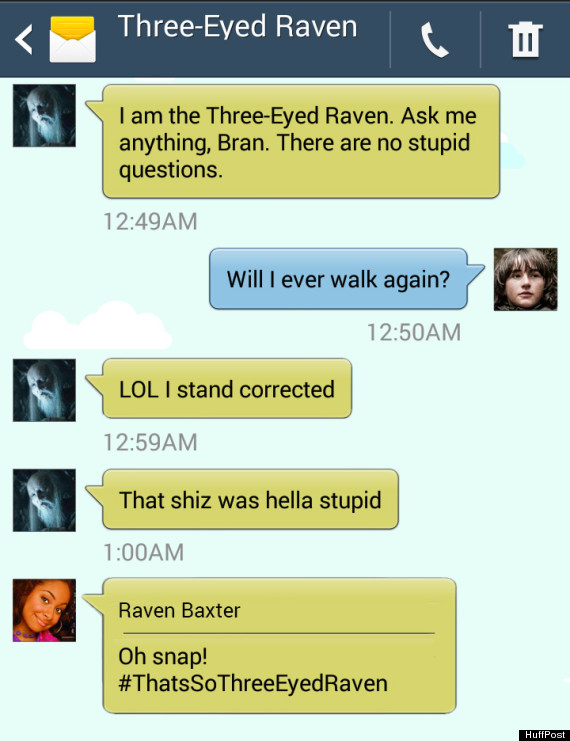
Bill Bradley has a whole series of them. (Link)
8) Two Legends Battle
Gwendoline Christie (Brienne), Rory McCann (The Hound), and Maisie Williams (Arya Stark) talked about the fight scene between Brienne and The Hound. “We were training on sponge floors in a tent…and we come out here and there’s slopes and mountains…and the rock is really…you can’t get rougher rock than volcanic.” (Source)
9) The Leroy Jenkins Cameo
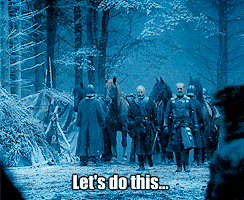
ImBateman made the Leroy connection. (Source)
10) Game Of Thrones Is About The Importance Of Change

Maureen Ryan wrote that this episode and the series as a whole is about what happens to those who refuse to change. She then used that idea to explain what Game of Thrones has to do to become a truly great show. “Tywin’s problems — and his death — are a direct result of his towering privilege. He never struggled with limitations or constrictions: He thought he would always be able to arrange the affairs of his kingdom and his family to his liking…being a ruler doesn’t make you smart, cunning or adaptable, and having power doesn’t disguise your limitations, it often exposes them.” (Link)
Read the rest of the list of 20 reactions, including how earlier episodes had foreshadowed this one, and Westerosi Father’s Day cards over here.
Source: The Discussion


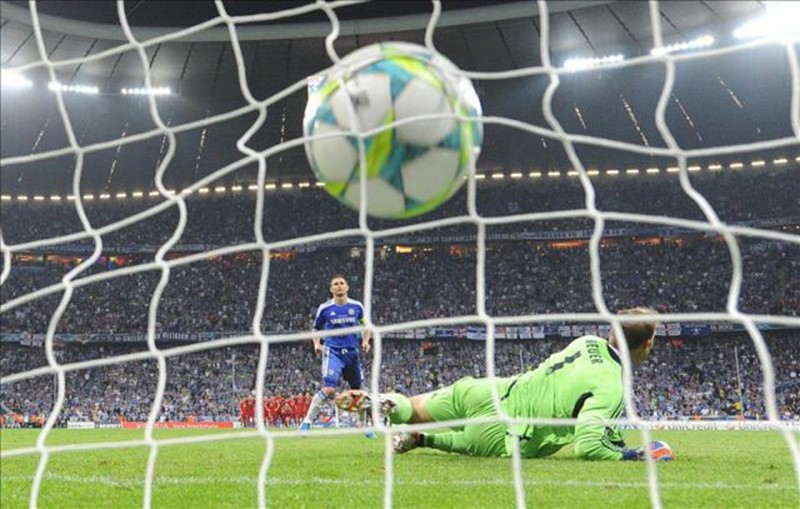








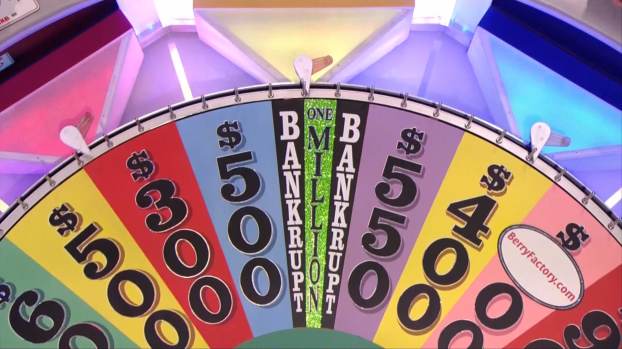



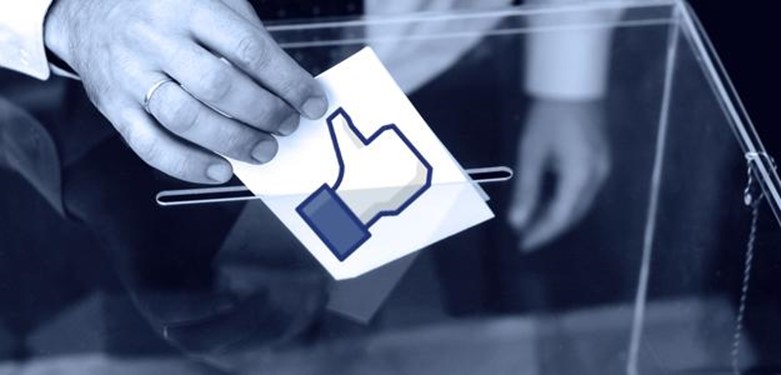

Join the Discussion! (No Signup Required)